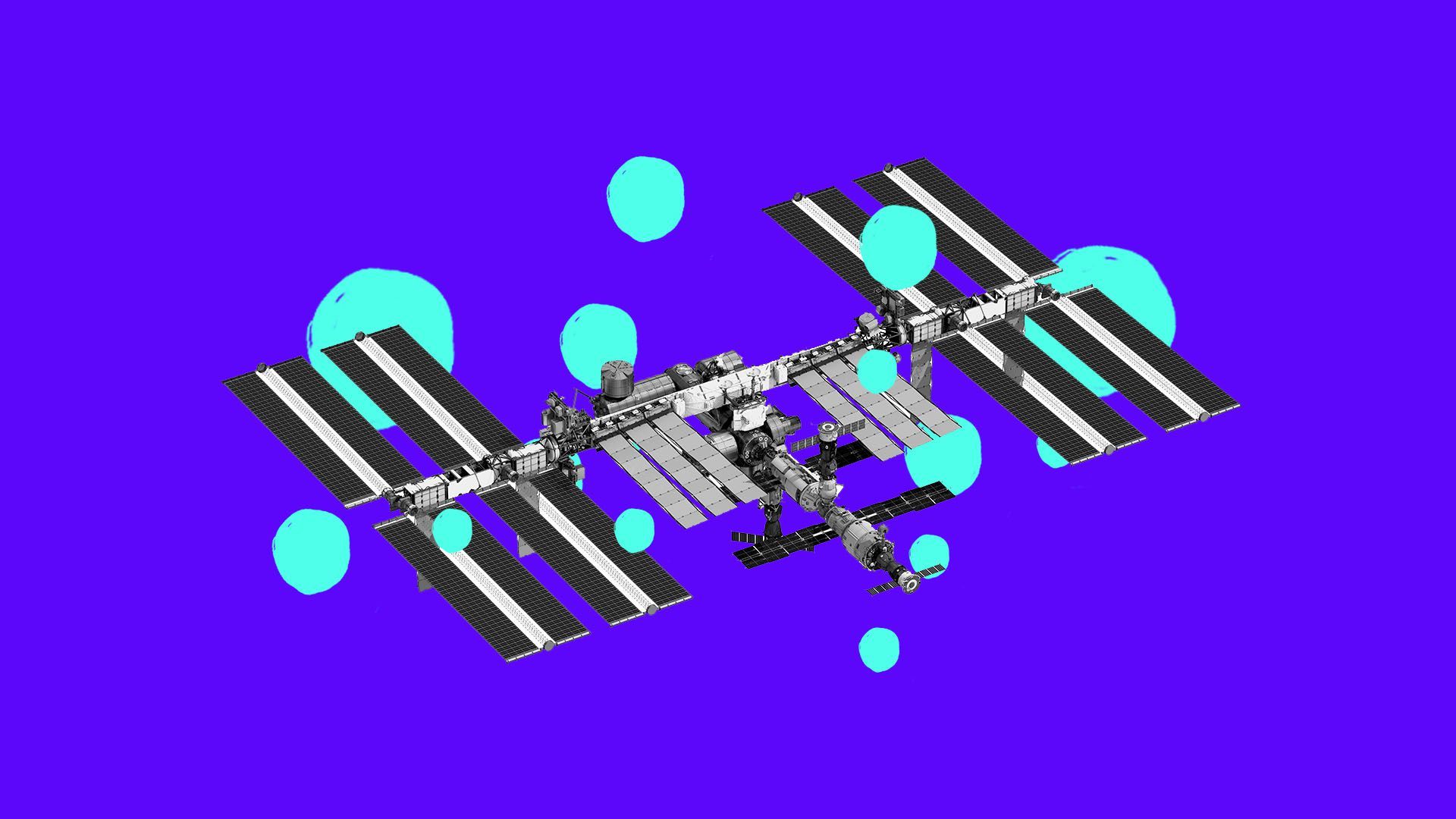Jan 5, 2019 - Science
All eyes on NASA's commercial crew
Add Axios as your preferred source to
see more of our stories on Google.

Illustration: Rebecca Zisser/Axios
Add Axios as your preferred source to
see more of our stories on Google.

Illustration: Rebecca Zisser/Axios